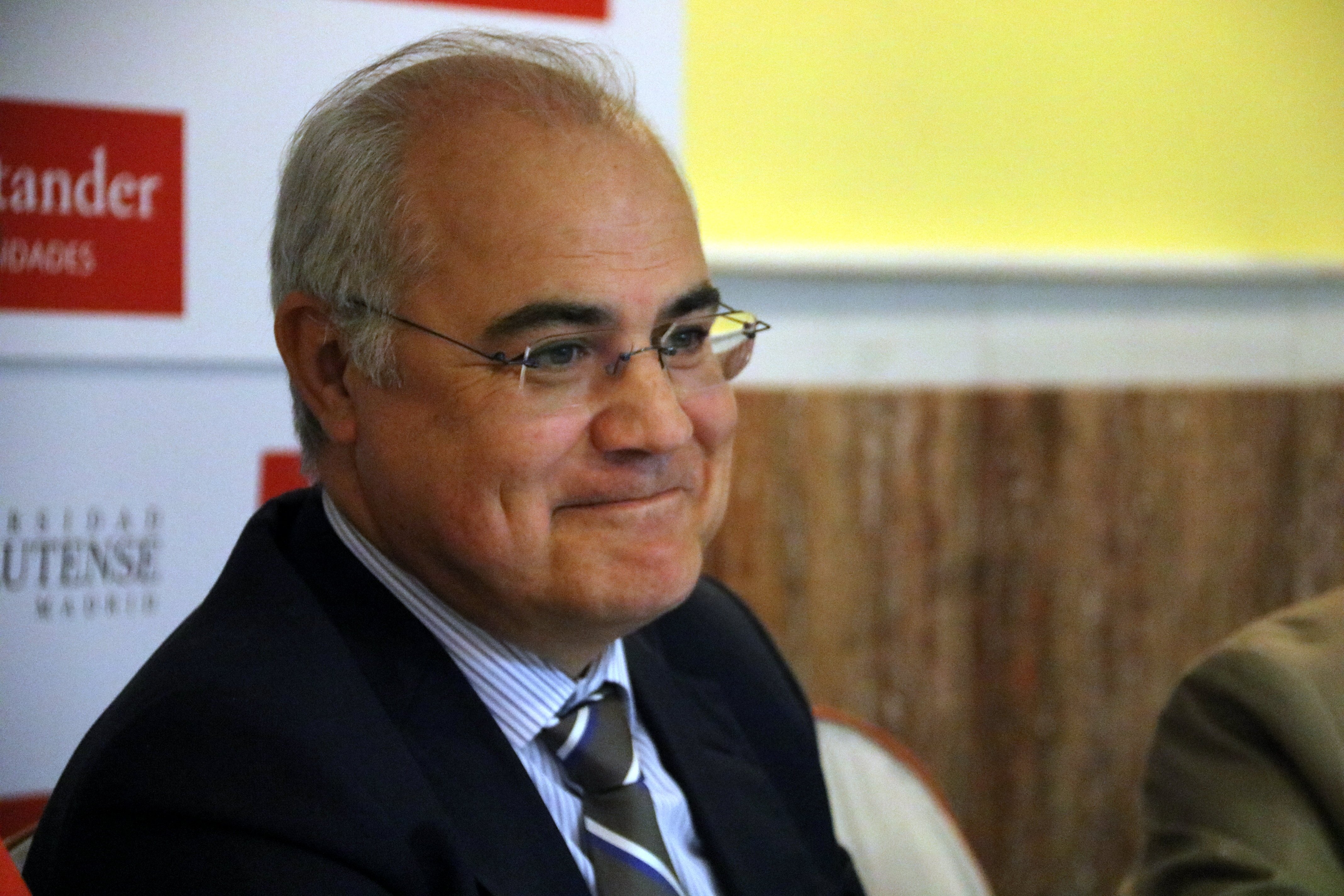Some legal experts had already been saying it: the reform of Spain's Penal Code, the law change promoted by the Catalan party ERC and the governing parties in Spain, the PSOE and Podemos, which has come into force this Thursday, does not benefit Catalan president Carles Puigdemont or the other former government members in exile, let alone the ordinary protesters who are facing charges. And in this regard, judge Pablo Llarena, investigator of the case against the Catalan pro-independence leaders, in the updating of his accusation, has necessarily removed the crime of sedition, abolished by the lawmakers, but instead has accused Puigdemont and the former ministers Toni Comín and Lluís Puig of crimes of misuse of public funds (art. 432 of the Penal Code), which is penalized by up to 8 years jail in its "aggravated" variant, since he maintains that the "attenuated" misuse of funds offence (art. 432 bis) introduced in this reform, with penalties of up to 4 years in prison when the abuse of funds does not involve personal gain, cannot be applied to them. There are lawyers who have described the interpretation of Supreme Court judge Llarena as "implausible".
Specifically, the judge accuses president Puigdemont, as the highest representative of the Catalan government, of responsibility for all of the expenses of the 1st October referendum, while health minister Comín and culture minister Puig are attributed responsibility for the expenses of giving the task of sending electoral census letters to the firm Unipost, for a cost of 1 million euros, but which in the end was not paid. This interpretation of the misuse of funds law made by Llarena could also harm the pro-independence leaders already convicted of the crime of sedition in conjunction with misuse of funds, who are Oriol Junqueras, Raül Romeva, Dolors Bassa and Jordi Turull. It will be necessary to see the review of their sentences that is to be carried out by the criminal chamber chaired by Manuel Marchena. It could also harm the two current ERC MPs, Josep Maria Jové and Lluís Salvadó, pending trial, as well as the senior government officials, accused of misuse of funds for the 2017 referendum and Catalonia's promotion abroad.
"Profit motive" seen
Judge Llarena explains that the new crime of misuse of funds (art. 432 bis) cannot be applied to the spending on the 1st October referendum because "indications of a profit motive can be seen" in the actions of the Catalan politicians. He adds that the jurisprudence of the Supreme Court maintains that the crime of the basic and aggravated types of misuse of funds can be applied, when "the aim of the person carrying out the action is to dispose as owner, definitively, of public assets, while the 'attenuated' type is only applicable when assets are temporarily disposed of with the intention of returning them later, and therefore, merely with the will to use the assets temporarily", says the judge, concluding that this definition does not match what is seen in this case.
With regard to the current article 433 of the Spanish Penal Code, Llarena describes it as "unviable" to apply it to the events of 1st October 2017, since he assures that it was "the application of public funds to cover the personal decision to contravene the legal system and commit a crime" and "not a budget transfer between legitimately administered public purposes".
"Only change": from the verb "remove" to "appropriate"
The Spanish judge states that "the new regulation provides for the same penalty as the previous legislation" for all cases in which the authority or public official, with the intention of monetary gain, appropriates or, with the same intention, allows a third party to appropriate, public property that is in the official's charge by reason of their functions. He explains that "the only difference" in the law that comes into force this Thursday is that "the current wording has replaced the old action of sustraer ("removing" or "stealing") with the verb apropiarse ("appropriating"), maintaining an identical wording in the rest of the definition of the crime. And he adds that this change "does not have a substantially different meaning in the behaviour whose punishment is sought".
Judge Llarena argues that the jurisprudence of the Supreme Court "has proclaimed that as long as the crime of misuse of funds constitutes a crime of deciding on use of assets that have been entrusted to the authority, the motive of making a profit is not different from the motive of possessing or making use of the asset as one's own and that the fact of appropriating it is what attributes the semantic content to the verb sustraer previously used and today replaced by the more precise verb apropiarse.
From all this, Llarena concludes that the misuse of funds accusation to be applied "clearly cannot be any other [than this], since the criminal definition does not require the enrichment of the person committing the crime, but, necessarily, the illicit lessening of public funds or assets similar to these”. And he insists that the facts of the 1st October case "do not deserve the application of any of the new limited subtypes".
Below, the full Supreme Court decree from judge Llarena (in Spanish):

